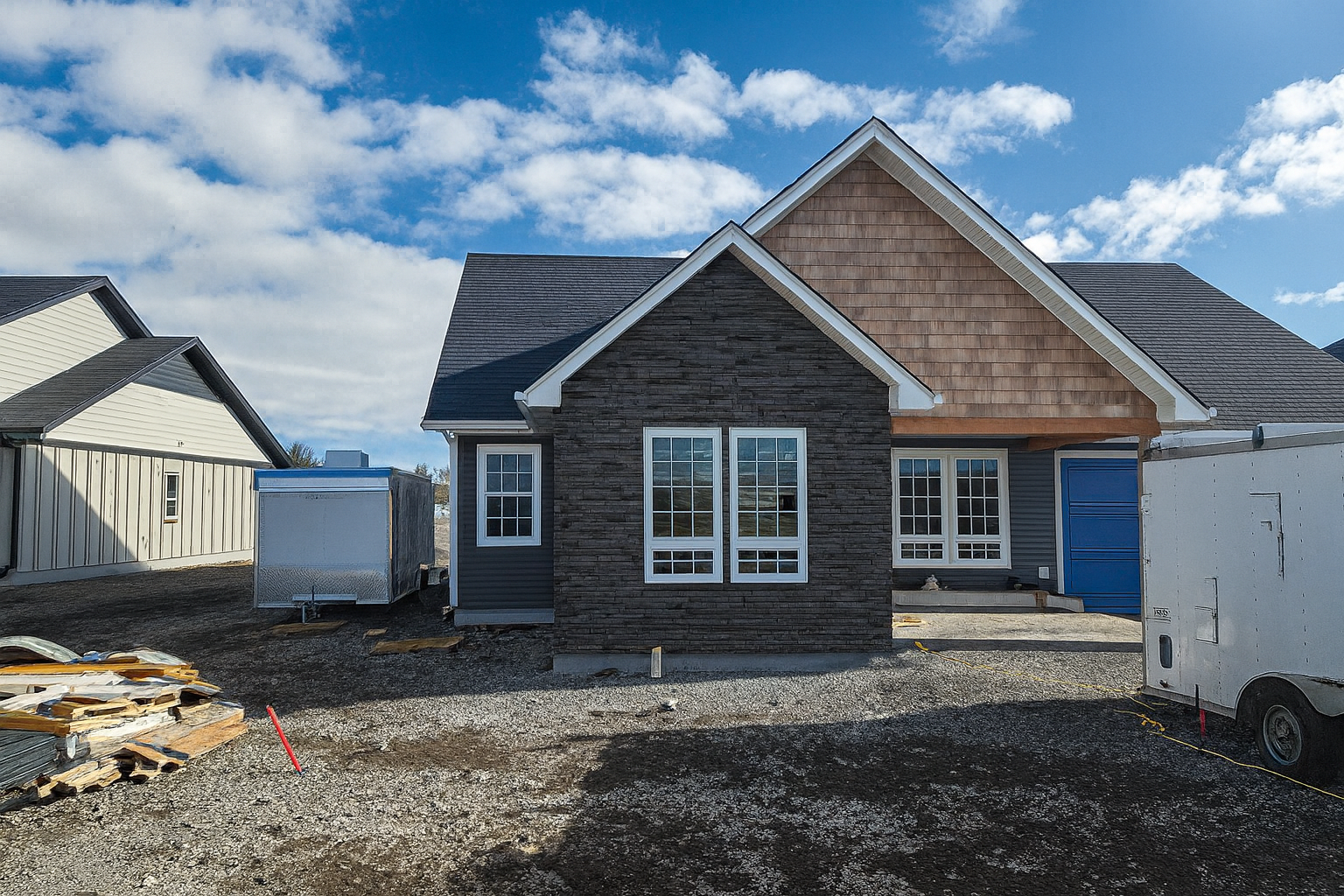
Sustainable Building Materials: A Guide for Modern Residential Projects Nov 04, 2025
The first step in selecting sustainable building materials is understanding what sustainability entails. Sustainable materials are those that are renewable, have a low environmental impact, and are energy-efficient throughout their lifecycle. These materials often contribute to healthier indoor environments and significantly reduce the carbon footprint of a building project.
Bamboo is a prime example of a sustainable material, known for its rapid growth and strength. Unlike traditional hardwoods, bamboo matures in just three to five years, making it a highly renewable resource. It's exceptionally durable and can be used for flooring, cabinetry, and even structural elements in your home. Bamboo offers a stylish and eco-friendly alternative to conventional wood products.
Recycled metal is another excellent sustainable option. Using metals like aluminum or steel that have been recycled can drastically reduce resource extraction and energy consumption. Recycled metal is often used in roofing, framing, and in various architectural details. It’s not only sustainable but also adds an industrial and modern aesthetic to any residential building.
Incorporating insulation made from recycled materials, such as cellulose, is an effective way to improve energy efficiency. Cellulose insulation is typically made from recycled paper products and offers superior thermal performance compared to traditional insulation options. It helps to regulate your home's temperature, reducing the need for excessive heating or cooling, which in turn saves on energy bills.
Another innovative material to consider is rammed earth, a sustainable form of construction that has been used for centuries. Rammed earth walls are made by compacting a mix of earth, sand, and gravel into a formwork, creating structures that are both sturdy and energy-efficient. This material provides excellent thermal mass and is a natural temperature regulator, making it ideal for diverse climates.
For those interested in a traditional look, reclaimed wood should not be overlooked. Wood salvaged from old barns, factories, or even river beds offers charm and history while reducing the demand for newly harvested wood. Reclaimed wood can be repurposed for flooring, beams, or accent walls, adding unique character to modern residential projects.
The use of sustainable building materials can radically transform residential projects, boosting their environmental and social value. At Big Mountain Construction and Contracting LLC, we are committed to guiding our clients through the selection process, ensuring that your dream home is both beautiful and eco-friendly.
To summarize, integrating sustainable building materials into modern residential projects is not just a trend but a smart investment for the future. By choosing options like bamboo, recycled metals, cellulose insulation, rammed earth, and reclaimed wood, homeowners can play a critical role in promoting sustainable development practices. These choices not only benefit the environment but also contribute to healthier and more comfortable living spaces. Embracing sustainable materials represents a proactive step towards reducing our environmental footprint, aligning with a broader movement toward responsible and resource-efficient construction.
/filters:no_upscale()/filters:format(webp)/media/bb2592f4-8f38-4117-b25b-aaff3b1f52a5.png)
/filters:no_upscale()/filters:format(webp)/media/2eb2c84f-15ab-4960-adae-32b6d59767db.jpeg)